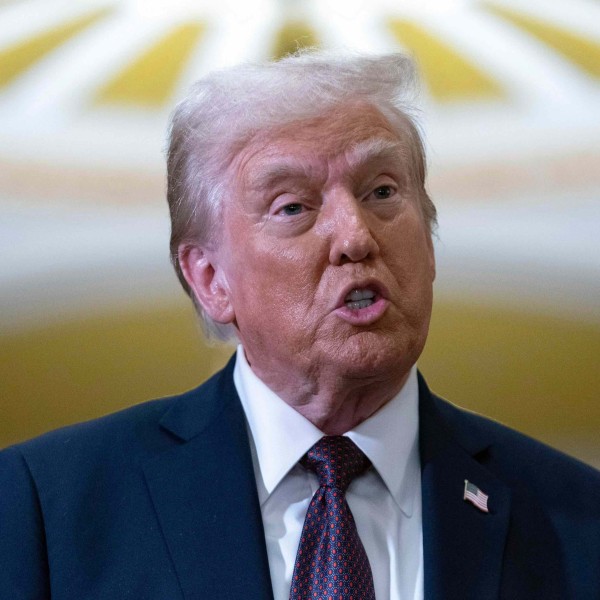South Korea’s Institutional Bitcoin Adoption: A Strategic Inflection Point for Asian Crypto Markets
- South Korea’s 2025 institutional Bitcoin adoption, led by Bitplanet’s $40M treasury, redefines corporate treasury strategies in Asia. - Bitcoin’s 0.94 Sharpe Ratio (2023–2025) and $132.5B ETF AUM highlight its role as a core, inflation-resistant portfolio asset. - Regulatory frameworks like VAUPA and planned spot ETF approvals accelerate institutional access, positioning South Korea as a regional crypto innovation hub. - Analysts project Bitcoin could reach $1.3M by 2035, driven by macro-hedging demand a
South Korea’s institutional embrace of Bitcoin in 2025 marks a pivotal shift in how Asian markets are redefining corporate treasury management. At the forefront is Bitplanet, which launched the nation’s first institutional-grade Bitcoin treasury with a $40 million allocation in 2025, signaling a strategic pivot toward digital assets as a macro-hedge and diversification tool [1]. This move, executed without incurring debt, aligns with global trends treating Bitcoin as a “digital gold” to counter inflationary pressures and fiat currency devaluation [2]. The broader implications are profound: South Korea is not merely following global crypto trends but actively shaping them.
The rationale for Bitcoin’s institutional adoption lies in its unique risk profile. Over 2023–2025, Bitcoin delivered a Sharpe Ratio of 0.94, outperforming traditional assets like equities and bonds in risk-adjusted returns [6]. This metric, combined with $132.5 billion in Bitcoin ETF assets under management, underscores its growing role as a core portfolio component. For South Korean firms, Bitcoin’s low correlation with traditional markets—particularly U.S. equities—offers a compelling diversification benefit. Investors are increasingly swapping U.S. Big Tech stocks for crypto-linked equities, with companies like BitMine attracting inflows as the sector matures [4].
Regulatory clarity has accelerated this transition. South Korea’s Virtual Asset User Protection Act (VAUPA) and planned stablecoin frameworks have created a legal foundation for institutional participation [4]. By late 2025, the Financial Services Commission (FSC) is expected to approve spot Bitcoin ETFs, further democratizing access to the asset [5]. These developments mirror Japan’s Metaplanet and South Korea’s K Wave Media , which have allocated up to $1 billion to Bitcoin treasuries, reinforcing the trend [3].
The strategic logic is clear. Bitcoin’s volatility, once a barrier, is now seen as a feature in a world of unpredictable macroeconomic shocks. Analysts project Bitcoin could reach $1.3 million by 2035, driven by sustained institutional demand and its role as a hedge against geopolitical risks [6]. For South Korean firms, the calculus is straightforward: Bitcoin offers a non-correlated, inflation-resistant asset that complements traditional treasuries.
Critics argue that Bitcoin’s price swings could amplify losses during downturns. Yet, as Bitplanet’s debt-free model demonstrates, institutional allocations are increasingly structured to mitigate such risks—treating Bitcoin as a long-term reserve asset rather than a speculative play [2]. This approach mirrors gold’s role in central bank portfolios, albeit with a digital twist.
South Korea’s actions are redefining Asian crypto markets. By institutionalizing Bitcoin treasuries, the country is not only diversifying its financial reserves but also positioning itself as a regional hub for digital asset innovation. As regulatory frameworks solidify and adoption accelerates, the strategic inflection point is clear: Bitcoin is no longer a fringe asset but a cornerstone of macro-hedging in the 21st century.
Source:
[1] Bitplanet Launches South Korea's First $40M Bitcoin Treasury
[2] South Korea's Institutional Bitcoin Adoption - Crypto
[3] South Korea's Institutional Bitcoin Adoption: A Strategic Hub for Asian Crypto Markets, [https://www.bitget.com/asia/news/detail/12560604937368]
[4] South Korean investors swap US Big Tech stocks for crypto ...
[5] Bitplanet Launches South Korea's First $40M Bitcoin Treasury
[6] South Korea's Institutional Bitcoin Adoption - Crypto
Disclaimer: The content of this article solely reflects the author's opinion and does not represent the platform in any capacity. This article is not intended to serve as a reference for making investment decisions.
You may also like
Don't underestimate Trump's determination: How will the US "cut interest rates"?
The market generally expects that a Federal Reserve rate cut will lower short-term interest rates, while long-term yields will face upward pressure due to inflation concerns.

Asia Pioneers Tokenized Islamic Finance Integration

Crypto Markets Remain Resilient Amid U.S. Stock Market Labor Day Closure

XRP and the "Exit Liquidity" Trap: Why Are Long-Term Holders Doomed to Be the Scapegoats?
